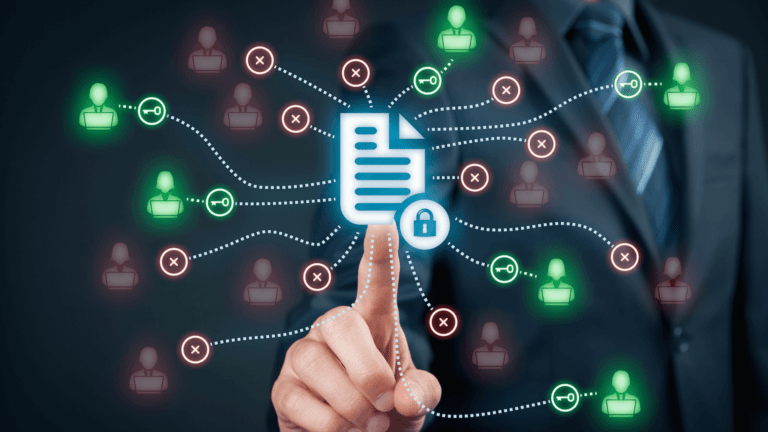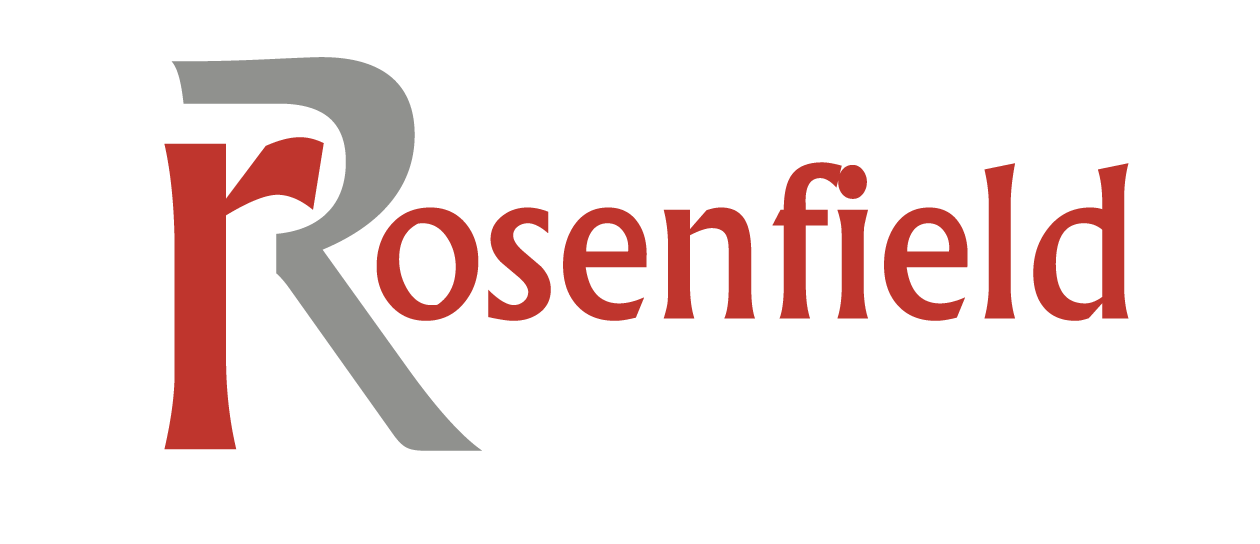Blog

Data sharing is key to innovation in healthcare
In healthcare, sharing information is vital to the security and safety of the sector, and stakeholders within the sector.
The continued push for nationwide interoperability has helped fuel the growth of secure healthcare data sharing. Covered entities and business associates are exploring how to enhance patient care by engaging in health information exchange (HIE), but are also concerned with how they keep that data secure. Sharing patient information can help providers reduce readmissions, avoid medication errors, and even decrease duplicate testing.
What are the benefits of sharing data?
Sharing data is essential if we are to provide the very best care we can to patients. It also enables our stretched healthcare services to work in the most efficient way possible. Reducing pressure on urgent care services is a good example of the very tangible benefits of data sharing. The benefit of having access to tens of thousands of data sets at one time. Sharing information matters because we all need to be aware of what is going on and understand the consequences of what may occur.
Good information sharing is a good privacy and security practice which helps protect our organizations and our patients. Improving patient outcomes and reducing cost isn’t just about data, it’s about utilizing data effectively and turning it into a usable source.
- Healthy patients: Monitoring applications of vital signs to ensure a proactive approach to a person’s healthy state is monumental. For example, diabetes patients can track their insulin dosages, next medical appointments, and more.
- Cost reduction: data sharing offers the ability to manage information and use it to drive cost improvements. Healthcare organizations can identify areas where cost reductions can be made, whether related to admission rates, diagnostic tests, or operational procedures.
- Error minimization and precise treatments: Data sharing in healthcare enables providers to deliver more accurate and personalized care treatment. By having a detailed picture of patients, it is easier to predict the response to a specific treatment.
- Prevention services: Preventive care to provide services more efficiently, optimize operations, and improve the prevention of medical risks.
- Streamline hospital operations: with data being generated at breakneck speed, hospitals have the demanding role of managing the operational aspects of the facility.
Learn more about data sharing in healthcare:
https://www.ncbi.nlm.nih.gov/pmc/articles/PMC6284141/
https://academic.oup.com/eurpub/article/29/Supplement_3/23/5628051
Recent Posts
Archives
- December 2024
- November 2024
- October 2024
- September 2024
- August 2024
- April 2024
- February 2024
- January 2024
- April 2022
- November 2021
- August 2021
- May 2021
- April 2021
- March 2021
- February 2021
- December 2020
- November 2020
- October 2020
- July 2020
- April 2020
- December 2019
- October 2019
- August 2019
- July 2019
- June 2019
- April 2019

